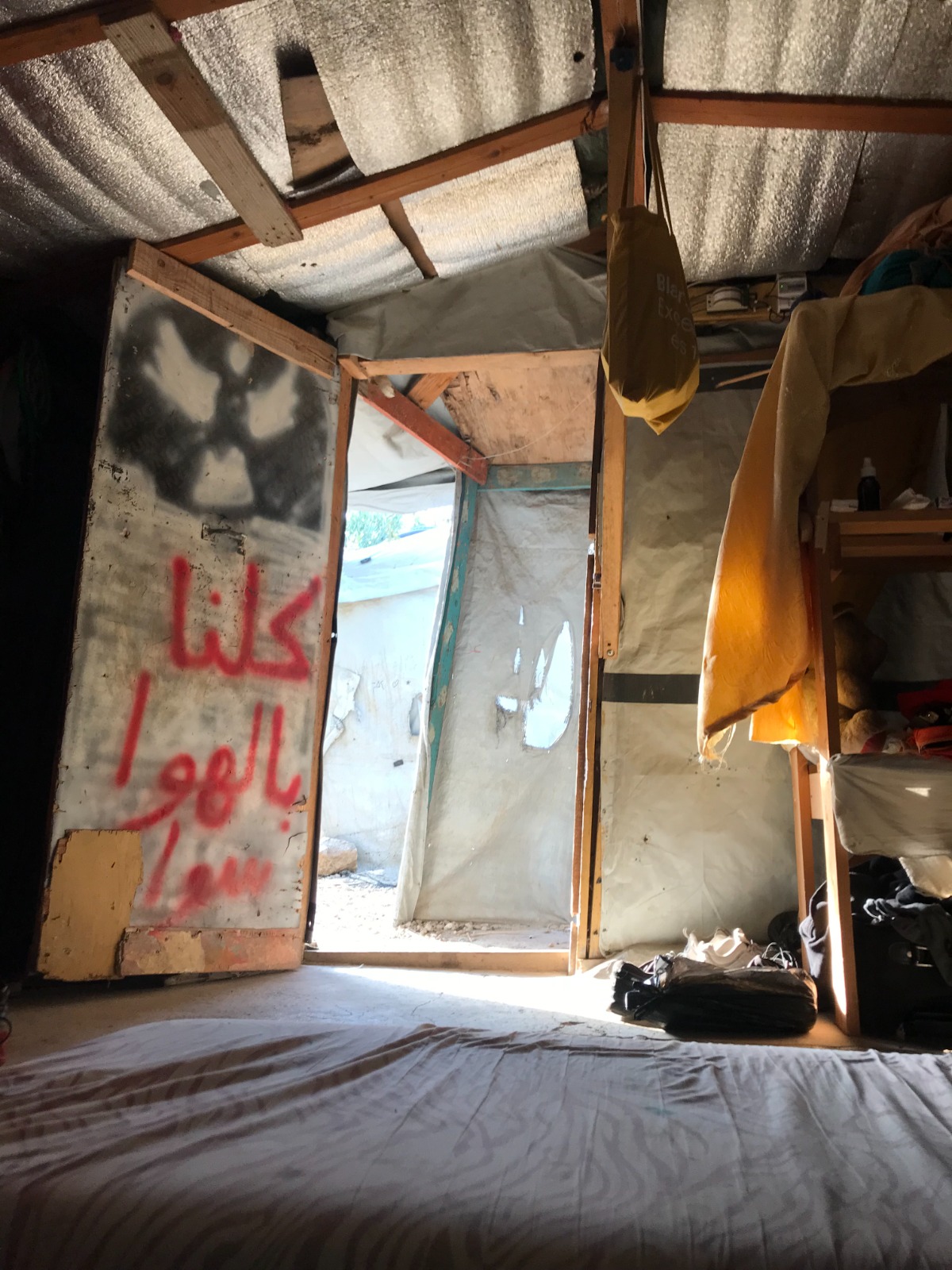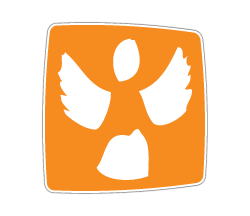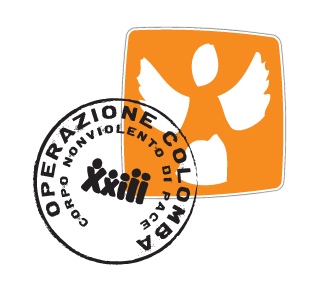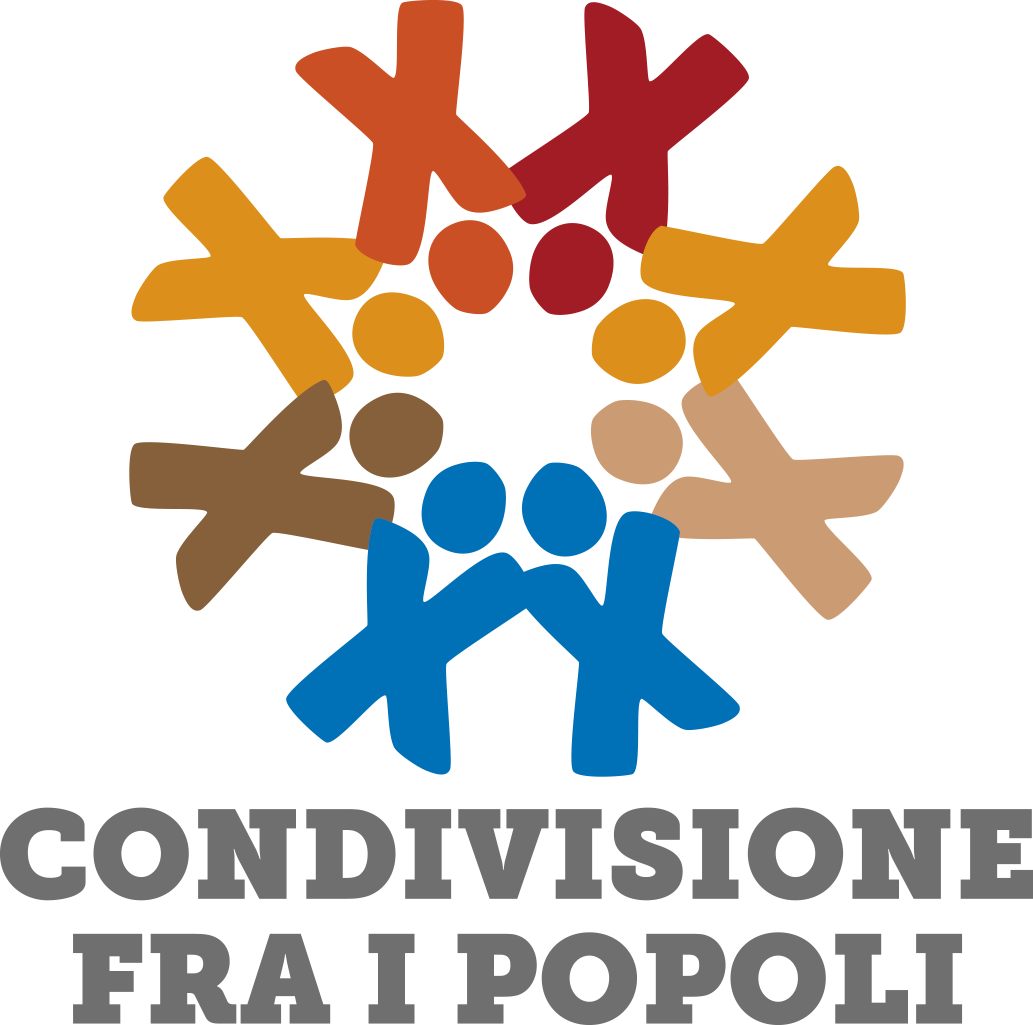 Operazione Colomba, the years spent in Lebanon, Humanitarian Corridors and the solidarity shown in these years have taught me a lot and opened many new paths.
Operazione Colomba, the years spent in Lebanon, Humanitarian Corridors and the solidarity shown in these years have taught me a lot and opened many new paths.
They taught me a unique way to live certain situations and when to give space to others.
I saw a world of tragedies caused by human violence, but also the solidarity and closeness that grows within them.
Twenty days ago, I heard of a big shipwreck, 750 people left Libya and only a hundred survived, a hundred corpses were found, while the others... were lost at sea.
Shortly after I talked with a friend who arrived years ago in Italy from Lebanon through the Humanitarian Corridors: his cousin Mohamad, 24 years old, was on the ship.
He is among those unaccounted for.
Several friends intervene to help and one of them accompanies the relative of the missing person in Greece to search for answers.
There, along with the volunteers from Operazione Colomba, information was exchanged and listened to in order to see what can be done.
In the meantime, I have arrived in Lebanon and learned that Mohamad’s parents are here, living just a couple of hours by car from where we stay.
They are our friend’s uncles, parents of a desaparecido in the deadliest border of the world, refugees in a country that barely hosts them while they can’t return to their country of origin.
Operazione Colomba is what can’t make you flee facing other people's pain, but instead it whispers “get closer, try to feel even a small fraction of what they are feeling, don’t run away, even if it’s painful and even if you don’t have an answer”.
We go to visit them and, as usual in this place, they welcome us without asking any questions, neither who we are nor what we want.
We tell them about our lasting friendship with their nephew who now lives in Rome, about the team of volunteers that since several years has been staying in Lebanon and the group that for some years has been in Greece.
Nada wears some lovely pink and white clothes, but her gaze is the one of a grieving mother.
Her garments are not the dark ones for mourning because she has not seen the corpse, she has not yet held any rite for the final farewell of her son, who is still missing.
Mohamad’s parents refuse to give up, after 3 weeks one of the survivors says that he saw him fall into the water, and then nothing, no further news.
“He must be in some barracks, or in prison, or maybe he is in the hospital and has not been found yet”.
We tell them that if he was in prison, his name would have come out already.
Then we talk with the relatives about many other issues: Lebanon, Syria, Europe, the Arab countries, families, habits, and nicknames.
But every time Nada speaks, it has always something to do with her son.
“He wanted to flee from here by sea, but we didn’t let him go. Therefore, he convinced us to let him go to Libya legally in order to work and help us with money. He stayed there for 9 months and then he told only his brothers and sisters that he would have left by sea in June. Here, he used to work a bit, but his ambitions were far greater than mere survival and Lebanon could not satisfy them. He loved hookah so much that he brought one to smoke even on the coast before leaving. May God bring him back to me, safe and sound. God is merciful. My son can swim”.
People’s faces on a search and rescue vessel cross my mind, people who survived another shipwreck in April 2022 while their friends and relatives drowned. I need to say to the family in front of me that in that situation being able to swim doesn’t guarantee to save your life, but I keep quiet.
“We went to the beach so many times together, he had fun with his brothers in the water”.
The sister whispers to me: “Do you see how my dad is telling jokes now? Do you know what he said yesterday? He listed all his children’s names, mine included, and then he asked God to take us all but give him back Mohamad. Can you understand how much they love him?”
No, I don’t, maybe I can intuitively so as I can guess what it’s like not to have a body to cry on.
Many Syrians have felt the same pain caused by the regime’s prisons, which have swallowed thousands of people without ever giving them back to their loved ones.
For those who survived prison, the sea is now the one swallowing them with no return.
We listened to them, we hugged, and we took some pictures to remember this moment, that is invaluable for us and our friends involved in the situation.
C.


 OPERAZIONE COLOMBA
OPERAZIONE COLOMBA
